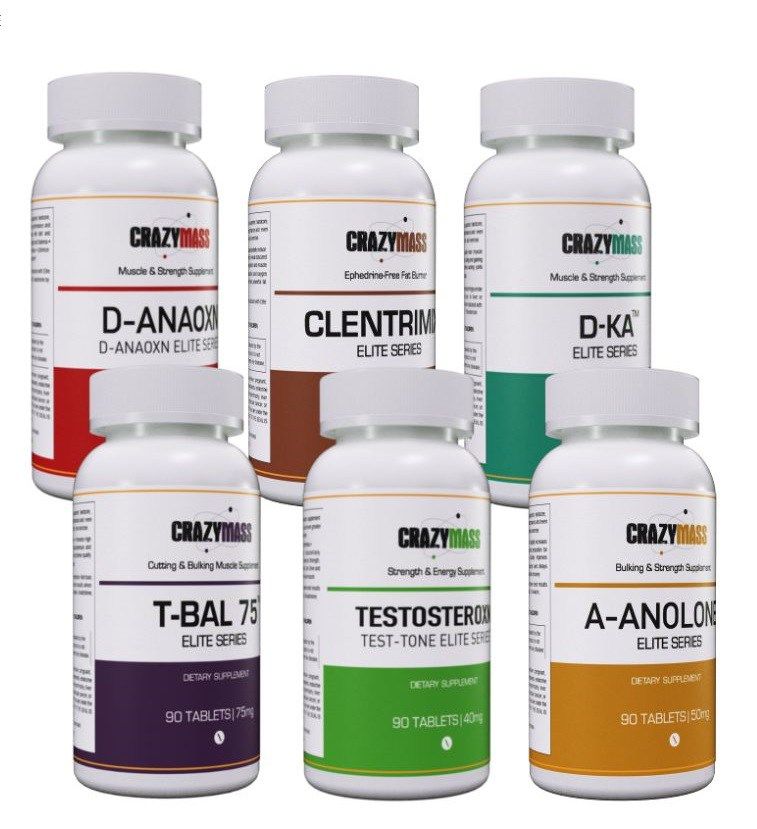
Is Kratom Right For You?
What is Kratom? Kratom, or Mitragyna Speciosa, is a tropical tree native to Southeast Asia. For centuries it has been used as a remedy for various ailments and as an energizing stimulant. In recent years, Kratom has become increasingly popular in the West, with many people turning to it to help manage pain, improve energy levels, and improve mood.
Kratom can be found in most health food stores and online retailers that specialize in herbal products. Many users report positive experiences when taking the substance orally or using kratom for sale as a tea. It’s important to note that there are different strains of kratom available on the market; each strain provides its own unique effects which vary depending on dosage taken and individual tolerance levels.
Benefits of Kratom
Kratom is a tropical evergreen tree that has been used for centuries in Southeast Asia for its medicinal properties. In recent years, more and more people have started exploring the potential benefits of kratom as an alternative form of healing. But how does kratom work and is it right for you?
Kratom contains two main active ingredients: mitragynine and 7-hydroxymitragynine. These compounds interact with mu-opioid receptors in the brain to produce effects similar to opioid drugs such as morphine or codeine without the same level of risk associated with those strong narcotics. Kratom users report feeling a sense of relaxation, pain relief, improved mood, increased energy, and even euphoria when taken in low doses.
Side Effects of Kratom
Kratom is a herbal supplement that has become increasingly popular as an alternative way to manage chronic pain and other health issues. Kratom is an herbal extract derived from the leaves of a tropical tree native to Southeast Asia, which grows naturally in Thailand, Malaysia, Indonesia, and Papua New Guinea. While kratom offers numerous potential benefits for those who take it, such as enhanced energy and mood enhancement, there are also some side effects associated with its use.
In addition to the potential for physical side effects like nausea or vomiting when taking too much kratom at once, there are also psychological side effects that may occur with long-term use. Many people report feeling anxious or agitated after taking kratom for extended periods of time. Additionally, insomnia and poor concentration have been reported by some users of kratom.
Dosage Considerations
When it comes to taking Kratom, dosage considerations are an important factor. Kratom is a herbal supplement derived from the Mitragyna speciosa tree native to Southeast Asia. It can be used for pain relief and to aid in opioid withdrawal symptoms when taken responsibly and at the appropriate dosage level. However, caution must be taken as there have been reports of serious side effects associated with taking too high of a dose of Kratom.
It is always advised that you speak with your doctor before trying any new supplement or medication, especially when it comes to taking something like Kratom which does not have FDA approval in the United States yet. Your physician will be able to offer advice on what type and amount of kratom would best suit your needs, as well as provide information on potential risks associated with responsible use.
Legal Status
Kratom is an herbal supplement derived from the leaves of a Southeast Asian tree. Its effects have gained popularity in recent years as more people are turning to its use for medical purposes. But despite its growing presence, there is still much debate and uncertainty surrounding the legal status of kratom in many countries, including the United States.
Kratom is currently classified as a ‘dietary supplement’ by the Food and Drug Administration (FDA). This means it can be legally purchased without a prescription in most states. However, some states have outlawed it altogether due to concerns about its potential for abuse and addiction, while others have placed restrictions on sales or usage. In addition, there has been increasing scrutiny from the government over kratom’s safety profile which could lead to further regulation in the future.
Alternatives to Kratom
Kratom is a popular herbal supplement that has been used for centuries to alleviate pain, stress and anxiety. However, it may not be the right choice for everyone due to its potential side effects and interactions with certain medications. For those looking for an alternative option to kratom, there are several natural remedies that may provide similar benefits without the risks associated with kratom use.
Herbs such as turmeric, ginger and ashwagandha have long been used in traditional medicine to reduce inflammation and provide relief from pain or discomfort. Turmeric is especially effective at reducing inflammation when taken in capsule form or mixed with water into a tea. Ginger has anti-inflammatory properties as well and can help reduce nausea while providing a mild calming effect on the nervous system. Ashwagandha is known to reduce stress levels and improve mood by increasing serotonin production in the brain.



